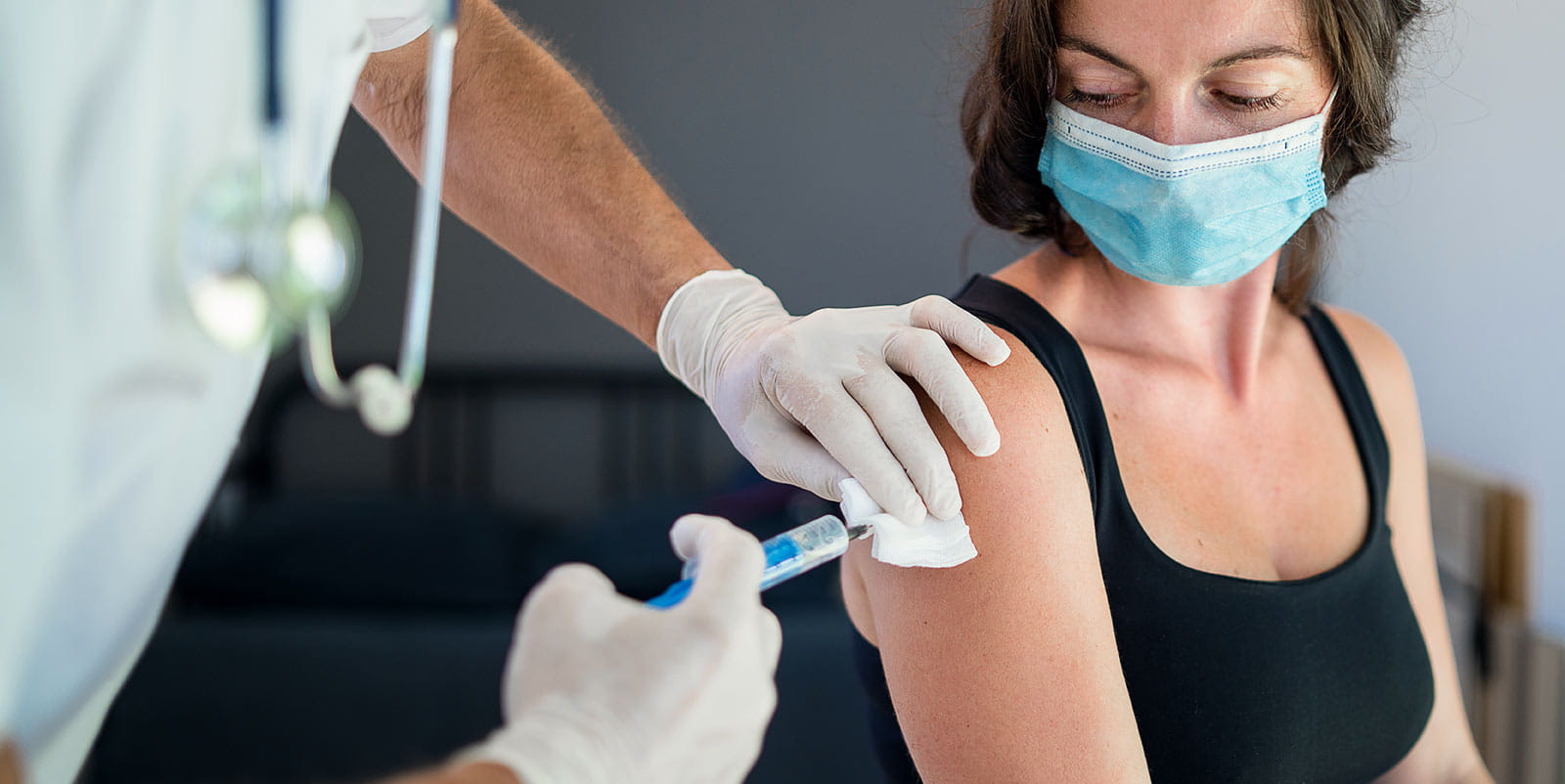
Monkeypox Information
There is currently a global outbreak of monkeypox, a milder relative of the smallpox virus that causes a rash and flu-like symptoms. A vaccine for monkeypox is available and is recommended for certain vulnerable populations.
Your health is important. Get expert care.
Call 216-237-5435 to schedule or discuss your eligibility for the monkeypox vaccine through the John T. Carey Special Immunology Unit at University Hospitals.
What is Monkeypox?
Monkeypox is a rare disease caused by infection with the monkeypox virus. Monkeypox virus is part of the same family of viruses as variola virus, the virus that causes smallpox. Monkeypox symptoms are similar to smallpox symptoms, but milder, and monkeypox is rarely fatal. Monkeypox is not related to chickenpox.
Monkeypox was discovered in 1958 when two outbreaks of a pox-like disease occurred in colonies of monkeys kept for research. Despite being named “monkeypox”, the source of the disease remains unknown. However, African rodents and non-human primates (like monkeys) might harbor the virus and infect people.
The first human case of monkeypox was recorded in 1970. Prior to the 2022 outbreak, monkeypox had been reported in people in several central and western African countries. Previously, almost all monkeypox cases in people outside of Africa were linked to international travel to countries where the disease commonly occurs or through imported animals. These cases occurred on multiple continents.
Monkeypox Signs and Symptoms
People with monkeypox get a rash that may be located on or near the genitals (penis, testicles, labia, and vagina) or anus, and could be on other areas like the hands, feet, chest, face or mouth.
- The rash will go through several stages, including scabs, before healing.
- The rash can initially look like pimples or blisters and may be painful or itchy.
Other symptoms of monkeypox can include:
- Fever
- Chills
- Swollen lymph nodes
- Exhaustion
- Muscle aches and backache
- Headache
- Respiratory symptoms (e.g. sore throat, nasal congestion or cough)
You may experience all or only a few symptoms.
- Sometimes, people have flu-like symptoms before the rash.
- Some people get a rash first, followed by other symptoms.
- Others only experience a rash.

Is it Monkeybox or COVID-19?
Learn more about the key differences between monkeypox and COVID-19.
How Long do Monkeypox Symptoms Last?
Monkeypox symptoms usually start within three weeks of exposure to the virus. If someone has flu-like symptoms, they will usually develop a rash one to four days later.
Monkeypox can be spread from the time symptoms start until the rash has healed, all scabs have fallen off, and a fresh layer of skin has formed. The illness typically lasts two to four weeks.
Vaccination against Monkeypox
Currently, the monkeypox vaccine is available for:
- Patients with close contact to a confirmed case of monkeypox
- Those who are HIV positive
- Those who have had a sexually transmitted infection within the past 12 months
- Men who have sex with men, transgender, or gender non-conforming who have had multiple anonymous sexual partners in the last three weeks
- Men who have sex with men, transgender, or gender non-conforming who have attended a sex party or bathhouse in last three weeks
- Anyone who exchanges sex for money, goods or services
Call 216-237-5435 to discuss your eligibility and/or schedule your vaccine through the John T. Carey Special Immunology Unit at University Hospitals.
Learn More
Find more information on Monkeypox, how it spreads and how to protect yourself on the CDC website.


